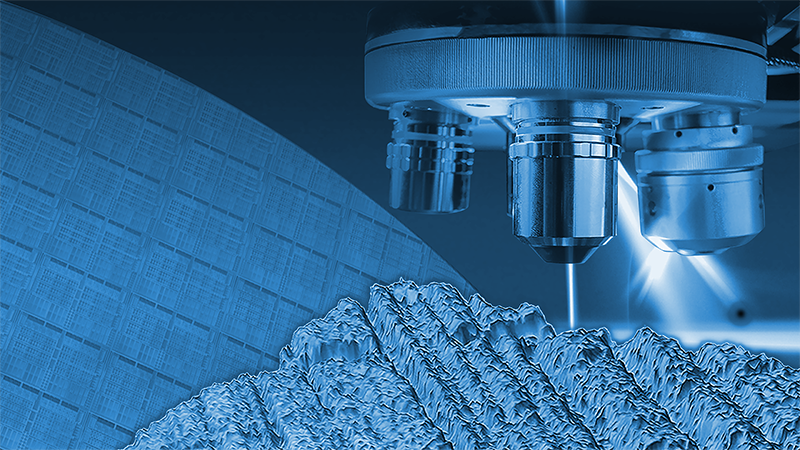Surface Finish Optimization for Advanced Manufacturing by Optical Profiler
Understand how the areal roughness parameter impacts part/component quality and why it drives improvement of surface finishing processes in manufacturing
PRESENTATION HIGHLIGHTS:
- [00:05:17] Finishing Process for 3D Printed Polymer Surfaces (Samuel Lesko, Ph.D.)
- [00:37:45] Substrate Surface "Spectroscopy" and the Prediction of Final Paint Appearance (Don Kohen, Ph.D.)
- [01:05:23] What Texture for What Functionality & How to Characterize? (Raphaël Deltombe, Ph.D.)
- [01:41:17] Live demonstration of surface finish characterization with the ContourGT-X
LIVE AUDIENCE Q&A:
- [00:35:37] What is the noise floor of a Bruker WLI interferometer/optical profiler?
- [00:37:08] What is the scale/size distribution of the measurements of 3D printed materials?
- [01:03:37] If the band is 0.0321 nm then why use a bandwidth range of 0.15 mm to 2 mm?
- [01:52:06] Could the ISO 12085 based on the motif profile parameter help with studies on hot rolling and on wire with the corona effect?
- [01:54:47] How much does the stamping process contribute to the surface roughness?
- [01:56:57] Can we use artificial intelligence informed by historical measurements to automatically identify the right parameters or are they determined by a systematic process?



